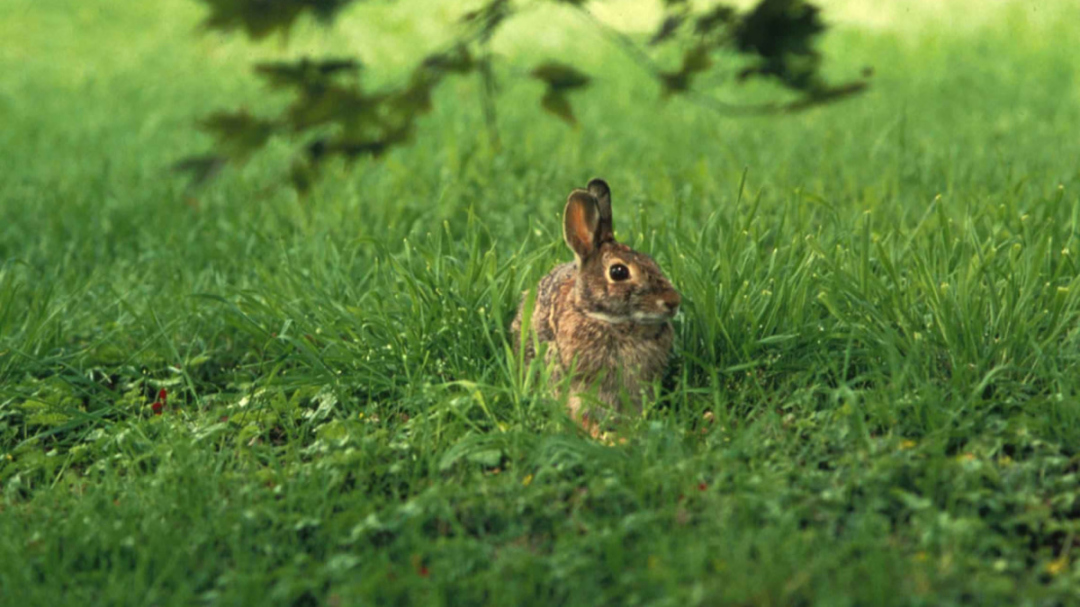When Can You Eat Wild Rabbit?
Wild rabbit is a popular delicacy in many parts of the world. Known for its lean meat and delicate flavor, it is often enjoyed in stews, pies, or roasted dishes. However, before you indulge in this tasty game meat, it’s important to understand when it is safe to eat wild rabbits. In this article, we will explore the different factors that determine the right time to consume wild rabbits.

1. Hunting Seasons
One of the primary factors to consider when eating wild rabbits is the hunting season. Hunting seasons are set by local authorities to ensure sustainable wildlife management and to protect species during breeding seasons. It is crucial to adhere to these regulations to preserve the rabbit population and its natural habitat. Before consuming wild rabbits, consult your local hunting regulations or wildlife management offices to determine the permitted hunting seasons.
2. Age and Size
The age and size of a wild rabbit are important considerations when deciding if it is safe to consume. Young rabbits, also known as leverets, are generally tender and have a milder flavor compared to older rabbits. It is recommended to avoid consuming wild rabbits that appear emaciated or underdeveloped as they may have health issues or be diseased. Opt for rabbits that are of a good size and weight, as they are more likely to provide quality meat.
3. Harvesting and Processing
The proper harvesting and processing of wild rabbits are essential to ensure their safety for consumption. It is crucial to use humane and ethical methods when hunting rabbits to minimize stress and ensure a quick and clean kill. After harvesting, rabbits should be properly cleaned, gutted, and skinned to remove any potential bacteria or parasites. It is also recommended to age the rabbit carcass for a short period to enhance its tenderness and flavor.
When processing wild rabbits, always follow safe food handling practices. Keep the meat refrigerated at temperatures below 40°F (4°C) to prevent bacterial growth. If you are not familiar with the proper processing techniques, it is advisable to seek guidance from an experienced hunter or butcher.
4. Cooking Methods
Wild rabbits can be cooked using various methods, including roasting, stewing, grilling, or even making sausages. The cooking method chosen depends on personal preference and the desired flavor and texture. Regardless of the cooking method, it is important to ensure that the rabbit meat reaches a safe internal temperature to eliminate any potential pathogens.
For optimal safety, the internal temperature of wild rabbits should reach at least 160°F (71°C) to ensure proper cooking and kill any bacteria or parasites that may be present. Use a food thermometer to accurately measure the internal temperature of the meat and avoid overcooking.
Frequently Asked Questions (FAQs)
1. Can you eat wild rabbits year-round?
Wild rabbits should only be consumed during the permitted hunting seasons as regulated by local authorities. This ensures the preservation of the rabbit population and its natural habitat. Check your local hunting regulations to determine the specific hunting seasons in your area.
2. How can you tell if a wild rabbit is safe to eat?
- Inspect the rabbit’s size and weight. Opt for rabbits that are of a good size and weight, avoiding emaciated or underdeveloped ones.
- Ensure the rabbit appears healthy, free from any visible signs of disease.
- Follow proper harvesting and processing techniques to eliminate potential bacteria and parasites.
- Cook the rabbit meat to a minimum internal temperature of 160°F (71°C) to ensure its safety.
3. What are the risks of eating undercooked wild rabbits?
Eating undercooked wild rabbits can pose risks of bacterial or parasitic infections, such as salmonellosis or tularemia. It is important to ensure that the rabbit meat reaches a safe internal temperature of at least 160°F (71°C) to eliminate any potential pathogens.
4. Can you freeze wild rabbit meat for later consumption?
Yes, you can freeze wild rabbit meat for later consumption. Properly wrap the meat in airtight packaging or freezer bags to prevent freezer burn. It is recommended to consume frozen rabbit meat within 6 to 12 months for optimal quality and flavor.
Remember, responsible hunting and adherence to local regulations are vital when considering consuming wild rabbits. By following proper processing and cooking techniques, you can safely enjoy the delicious flavors of this game’s meat.
Related Articles…
Copyright Notice:
All images featured on this site are sourced from the internet, copyrights belong to respective owners. Should you own any image and require it to be removed, please contact us.